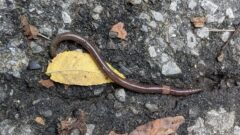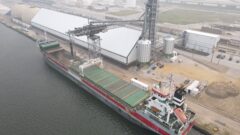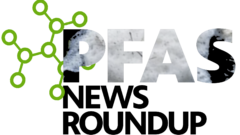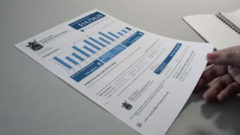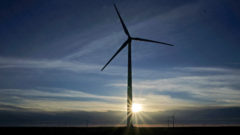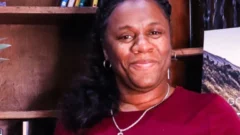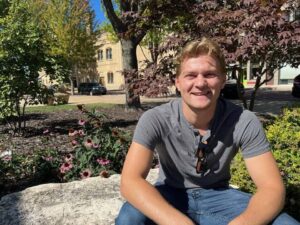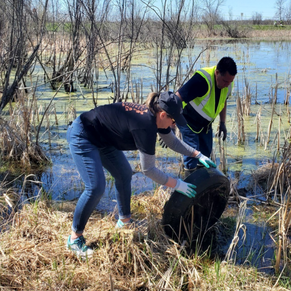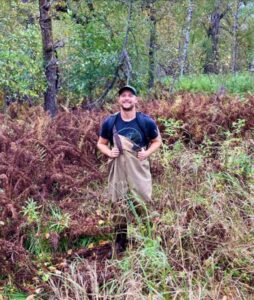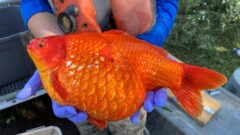Water consumption drops in Great Lake cities, study finds
Residents of major Great Lakes cities, including Lansing, are using less water, a trend that has economic, societal and environmental implications, a new study found.
And the relationship between per capita water use and socioeconomic factors such as income and race may prove significant as policymakers address inequities in the distribution and affordability of water
The post Water consumption drops in Great Lake cities, study finds first appeared on Great Lakes Echo.Great Lakes Echo
http://greatlakesecho.org/2023/12/01/water-consumption-drops-in-great-lake-cities-study-finds/

